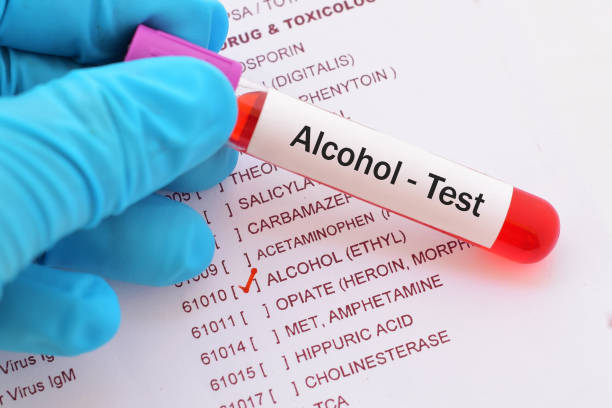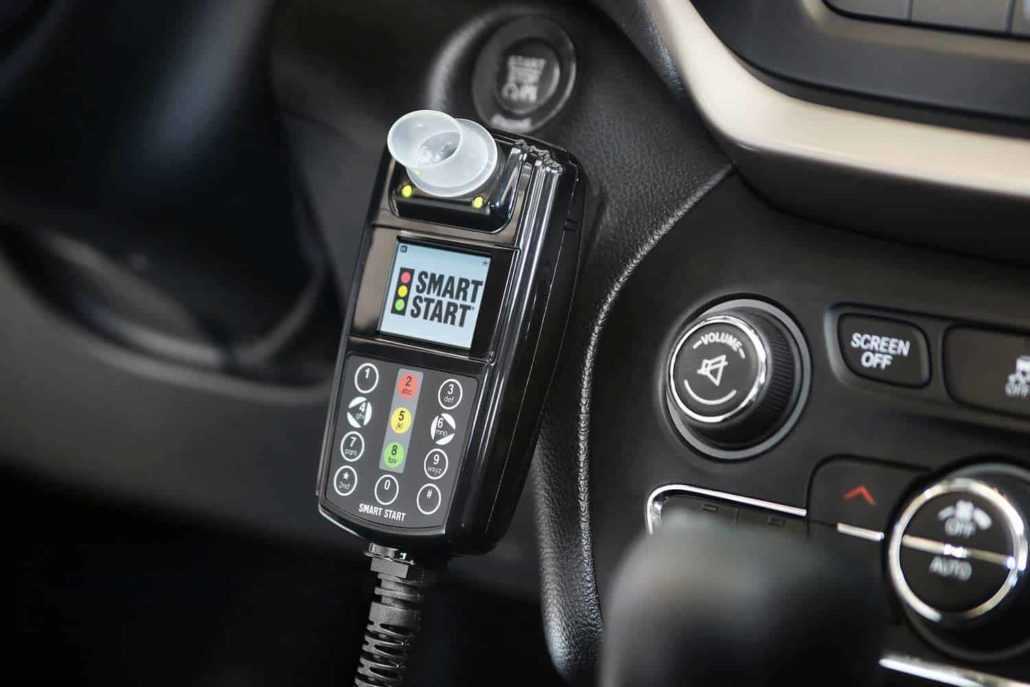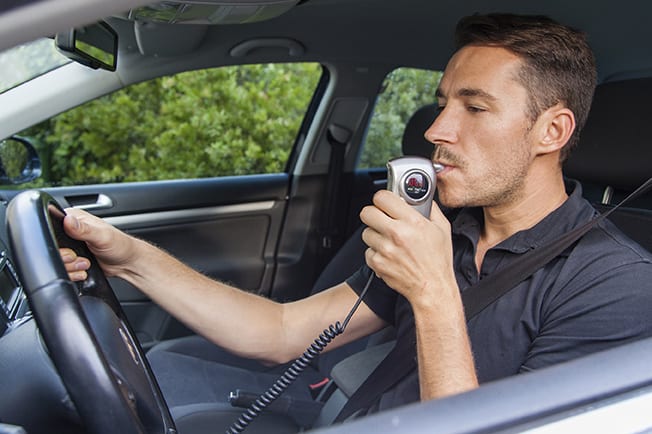If you’ve been arrested for driving under the influence, you’re likely searching for DUI help to understand your legal options. A DUI charge can be overwhelming, but knowing the right steps to take can make a significant difference in the outcome of your case. Whether it’s your first offense or you’re facing multiple charges, having the right information and legal guidance can help you navigate the process and minimize the penalties.
In this guide, we’ll break down everything you need to know about DUI help, from understanding the legal process to hiring the right attorney and exploring defense strategies.
What is a DUI Charge?
A DUI (Driving Under the Influence) charge means that a driver is accused of operating a vehicle while impaired by alcohol or drugs, posing a potential risk to themselves and others on the road. Legal penalties vary by state, but the consequences can be severe.
The legal limit for Blood Alcohol Concentration (BAC) is typically 0.08%, though some states enforce lower limits for commercial drivers or underage individuals. Even if your BAC is below the legal limit, officers can still charge you if they believe your driving ability is impaired.
Law enforcement officers may determine impairment through several methods, including:
- Field sobriety tests to assess balance, coordination, and reaction time
- Breathalyzer tests to measure BAC levels in a driver’s system
- Blood or urine samples for more accurate alcohol or drug detection
- Officer observations, such as slurred speech, red eyes, or erratic driving behavior
A DUI conviction can lead to serious consequences, including fines, jail time, license suspension, and higher insurance rates that may last for years. The impact on employment, reputation, and personal life can be long-lasting. That’s why seeking DUI help as soon as possible is essential to protecting your rights and building a strong legal defense.

What to Do After a DUI Arrest
If you’ve been arrested for DUI, taking the right steps can help protect your rights and improve your chances of a favorable outcome. Acting quickly and making informed decisions can significantly impact the legal process.
1. Remain Calm and Cooperate
Resisting arrest or arguing with the police will only make the situation worse. Follow the officer’s instructions and stay polite to avoid escalating the situation. Keeping your composure ensures you don’t say or do anything that could be used against you in court.
2. Avoid Self-Incrimination
You have the right to remain silent—use it. Anything you say can be used against you in court, even seemingly harmless statements. Politely decline to answer questions until you have an attorney present to prevent misinterpretation of your words.
3. Request a Lawyer Immediately
A DUI lawyer specializes in defending these cases and can help you avoid harsh penalties. Hiring an attorney as soon as possible can make a big difference in the outcome of your case, as they can identify procedural errors or weaknesses in the prosecution’s evidence.
4. Take Notes About Your Arrest
Documenting everything you remember about your arrest can help your lawyer build a defense. Take note of:
- What you drank and when
- Whether the officer had probable cause to stop you
- How field sobriety and breath tests were conducted
- Any potential errors or inconsistencies in the officer’s behavior
The more details you provide your lawyer, the better they can craft a strong defense strategy for your case.
Penalties for a DUI Conviction
The penalties for a DUI conviction vary by state but can include severe legal and financial consequences. Understanding these penalties can help you prepare for what lies ahead and take the right legal steps.
1. Fines and Court Costs
Even for a first-time DUI offense, fines can range from $500 to $2,000, depending on the severity of the case. Court fees, alcohol education programs, and administrative fees can add thousands of dollars to the total cost, making DUI convictions financially devastating.
2. License Suspension
A DUI conviction typically results in a driver’s license suspension of 3 months to several years, depending on prior offenses and aggravating factors. Refusing a breathalyzer test can also trigger an automatic license suspension, which can complicate daily life and limit employment opportunities.
3. Jail Time
- First offense: May include a few days to 6 months in jail, depending on the circumstances.
- Second offense: Jail time may be several months to 1 year, with harsher penalties for repeat offenses.
- Third offense: Can result in years in prison, depending on state laws and aggravating factors like injury or property damage.
Judges typically impose stricter sentences for repeat offenders, making it essential to seek legal representation as soon as possible.
4. Probation and Alcohol Education Programs
Judges often require DUI offenders to attend alcohol education or rehabilitation programs as part of their sentencing. In some cases, probation is offered instead of jail time, but strict conditions must be met, such as routine check-ins and compliance with alcohol treatment programs.
5. Ignition Interlock Device (IID)
Some states require DUI offenders to install an Ignition Interlock Device (IID) in their vehicles. This device requires the driver to take a breath test before the car will start, ensuring they are sober. Violating IID conditions can lead to further penalties, extended probation, or even jail time.
Understanding the potential consequences of a DUI conviction reinforces the importance of hiring an experienced lawyer to fight the charges and reduce penalties.

How a DUI Lawyer Can Help
Hiring a DUI lawyer is one of the best ways to fight DUI charges. Experienced attorneys understand the complexities of DUI law and can explore different defense strategies to reduce or dismiss charges.
1. Reviewing the Arrest Process
An attorney will analyze whether the police followed proper procedures when stopping, testing, and arresting you. If any rights were violated, they can challenge the evidence in court.
2. Challenging Breathalyzer and Blood Tests
Breathalyzers can produce false readings if they aren’t calibrated correctly or if the officer fails to administer the test properly. Lawyers may question the accuracy of breath or blood test results to weaken the prosecution’s case.
3. Negotiating Reduced Charges or Dismissals
A skilled DUI lawyer may negotiate a plea bargain to reduce the charge to reckless driving or another lesser offense. This can result in lower fines, no jail time, and avoiding a DUI conviction on your record.
4. Representing You in Court
If your case goes to trial, an experienced lawyer will cross-examine witnesses, challenge evidence, and present strong defenses to improve your chances of a not guilty verdict.
Common Defenses Against a DUI Charge
A DUI lawyer may use various defenses to challenge the charges against you. Some of the most common DUI defenses include:
1. No Probable Cause for the Stop
If an officer pulled you over without a valid reason, your lawyer could argue that the traffic stop was unlawful, leading to case dismissal.
2. Inaccurate Breathalyzer Test
Breathalyzer tests can be faulty or improperly administered, resulting in false BAC readings. Your lawyer can question the accuracy of the results.

3. Medical Conditions
Certain medical conditions, such as diabetes, acid reflux, or neurological disorders, can cause symptoms that mimic alcohol impairment. These conditions may also affect breathalyzer results.
4. Rising BAC Defense
Alcohol takes time to absorb into the bloodstream. If your BAC was below the legal limit while driving but rose afterward, your lawyer can use this to dispute the charges.
Avoiding a DUI in the Future
The best way to avoid DUI charges is to make smart choices before drinking and have a plan in place. Taking precautions can prevent costly legal consequences and keep you and others safe.
1. Use Ride-Sharing Services
Apps like Uber and Lyft make it easy to find a safe ride home after drinking, eliminating the risk of a DUI arrest. These services are often available at all hours, making them a convenient and responsible choice.
2. Designate a Sober Driver
If you plan to drink, arrange for a sober friend to drive you home instead of taking the risk yourself. Having a designated driver ensures a safe and legal way to get home without endangering yourself or others.
3. Stay Overnight
If you’re drinking at a friend’s house or an event, consider staying the night instead of driving under the influence. Even if you feel fine, alcohol can impair judgment, so sleeping it off can be the safest option.
4. Know Your Limits
Understanding how alcohol affects your body can help you make better decisions about when it’s safe to drive. Factors such as body weight, food intake, and alcohol tolerance all play a role in impairment, so it’s always better to err on the side of caution.
Final Thoughts: Finding DUI Help When You Need It
A DUI arrest is serious, but DUI help is available to guide you through the legal process and improve your case outcome. The right resources and legal assistance can make a significant difference in the penalties you face.
Whether it’s your first DUI offense or you’re facing multiple charges, knowing your legal options can help you reduce penalties or even get your case dismissed. A strong defense strategy can mean the difference between a conviction and a second chance.
Don’t wait—seek DUI help today and take control of your future to protect your rights, freedom, and driving privileges.


